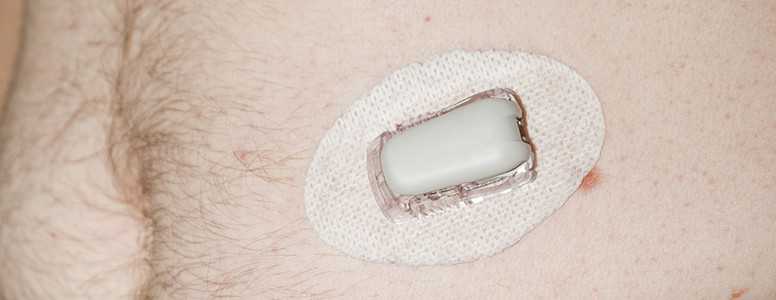Continuous glucose monitors (CGM) significantly increase awareness of hypoglycemia in people with type 1 diabetes, a study has found.
Scientists from the Perelman School of Medicine at the University of Pennsylvania evaluated 11 people who had lived with type 1 diabetes for over a decade and had poor hypo awareness, all of whom were given a CGM for 18 months.
Having hypo unawareness means people with diabetes are unable to identify signs of low blood sugar, which can increase the risk of severe hypoglycemia. While CGMs are being investigated as a means of identifying low blood sugar, people with diabetes can regain lost hypo awareness by limiting the amount of times their blood sugar falls low, and by being aware of the wide range of hypo symptoms.
All the participants in the trial experienced improved hypo awareness and reductions in hypo severity at six and 18 months after using a CGM.
However, there were no discernible improvements in HbA1c levels among the cohort, and their defense mechanisms against hypoglycemia remained impaired.
First study author Dr Michael R. Rickels said: “In individuals who have repeatedly experienced hypoglycemia, the body blunts awareness of symptoms warning of impending episodes. Wearing a continuous glucose monitor that flags falling glucose levels and has built-in alarms raises recognition of the threat.
“While the body’s own defenses against hypoglycemia did not improve, CGMs filled a valuable need in alerting individuals to oncoming episodes. In the absence of physiologic defenses against the development of low blood glucose, near-constant use of continuous glucose monitoring may be required to minimise the burden of problematic hypoglycemia in patients with long-standing type 1 diabetes.”
The findings, published in the Endocrine Society’s Journal of Clinical Endocrinology &Metabolism, come as The Endocrine Society plans to launch a major programme to understand, improve and monitor hypoglycemia, particularly in people with type 2 diabetes.
Editor’s note: If you have lost or started to lose your hypo awareness, visit our Hypo Training Program. After taking the 10-week education program, 88 per cent of people know how to spot a hypo, and 63 per cent experience fewer episodes of severe hypoglycemia.
What's new on the forum? ⭐️
Get our free newsletters
Stay up to date with the latest news, research and breakthroughs.





